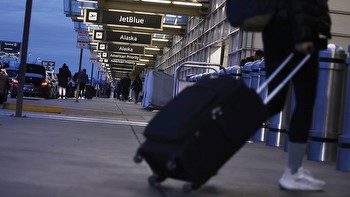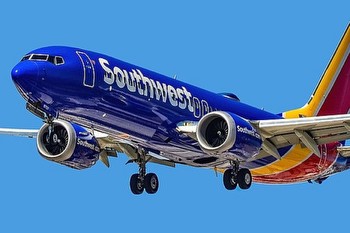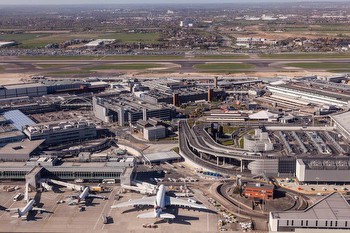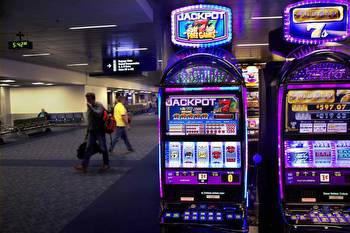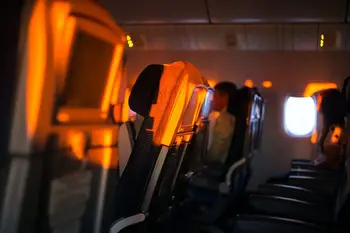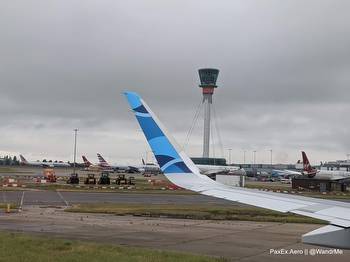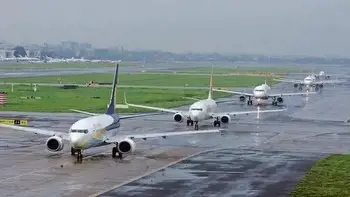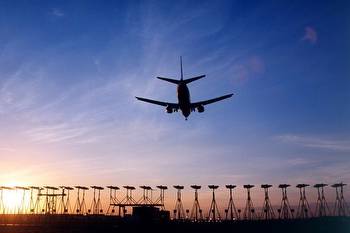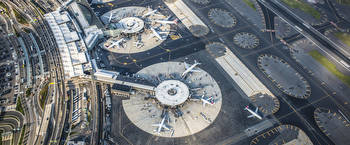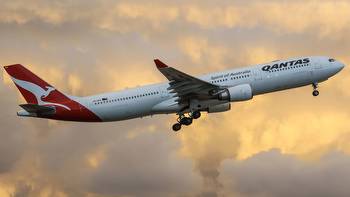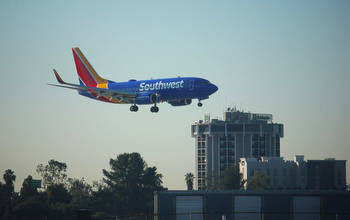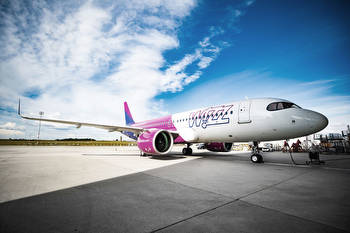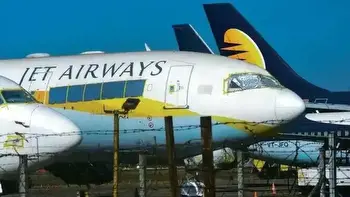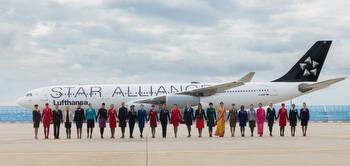United, Hawaiian spar over Haneda night slots
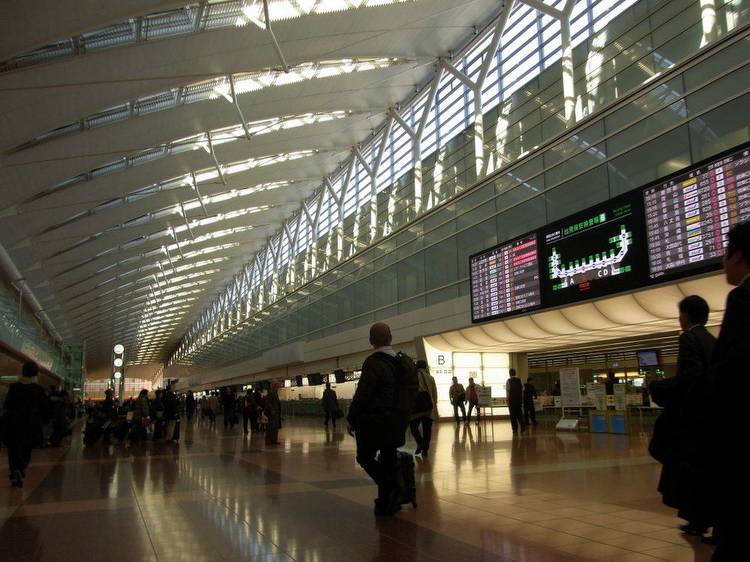
While recent attention related to Tokyo’s Haneda airport has focused on Delta’s failed efforts to reallocate its slots, United Airlines and Hawaiian Airlines have something of a smoldering battle ongoing over a second set of slots, the ostensibly less valuable night-time operations.
The two carriers continue to trade barbs in regulatory filings, with United seeking to take over the slots Hawaiian has held since 2016, claiming the latter is not properly using them per DOT requirements.
This economic reality explains Hawaiian’s operating schedule, which is reasonable in light of the circumstances.
– Hawaiian’s DOT filing
Until suspending flights in 2020 Hawaiian operated the night slots in a split configuration, sharing service between Kona and Honolulu. And while the carrier will bring back the flights next week, it will do so at a much reduced frequency from the daily operations allocated.
Under normal circumstances an airline planning to operate a restricted route below the fully allocated number of operations would risk having those slots revoked and reallocated by the DOT. At issue is how the COVID-19 waiver of slot requirements affects this allocation.
Any slot pair not operated for a period of 90 days (once inaugurated), will be deemed dormant and the allocation as to that slot pair will expire automatically and the slot pair will revert to the Department for reallocation.
– DOT Dormancy Policy, as applicable to Hawaiian’s Haneda slots
The DOT allowed airlines to suspend operations during the height of COVID-19. That exemption comes to a close next weekend as the winter IATA season launches. And, in United’s view, Hawaiian is no longer compliant with the slot usage requirements. As such, it wants the DOT to directly grant it the slots or to at least hold a new allocation proceeding.
United suggests that with the expiration of the DOT exemption carriers must return to full usage of slots immediately. Hawaiian disagrees, suggesting that it should be permitted to slowly ramp up usage of the slot over the course of the winter, eventually getting to full usage at the end of the season (i.e. March 2024). Does the expiry of the exemption begin a new 90-day inauguration clock? Or does the original 2019 allocation date apply?
Indeed, Hawaiian does not dispute that it will not fully use the slots. Instead, it relies on a 2007 DOT ruling that by stating its intentions to eventually resume the service the airline complies with the usage requirements.
Hawaiian further cites slower demand recovery in the Japan-Hawaii market, and longer advance-booking windows compared to the US mainland, as part of its justification for slow-rolling the resumption of service.
United claims these arguments fail and seeks immediate access to the slots so it can launch service from Guam to Haneda. Separately, United and American are both vying for the slots Delta ceded earlier this month from its Portland-Haneda route allocation.








